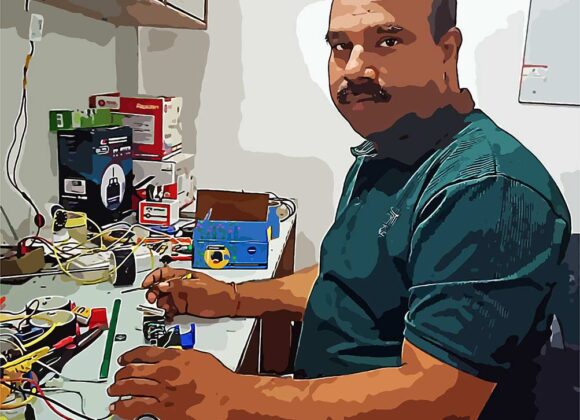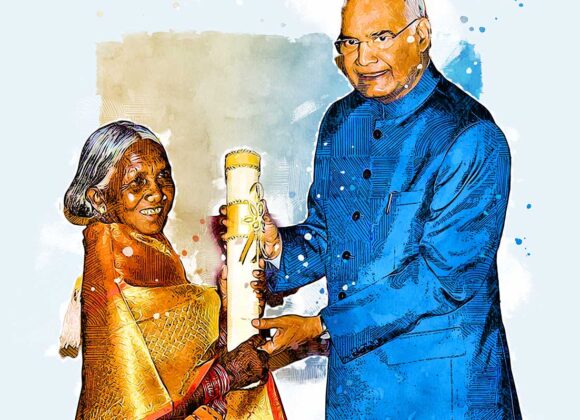Language is more than just a means of communication; it is a vessel for culture, emotions, and shared histories. In a world where many indigenous languages are fading into obscurity, the urgency to preserve them has never been more critical. Ramjit Tudu, a 28-year-old Assistant Revenue Inspector (ARI) from Gobindpur in Odisha’s Mayurbhanj district, has created online platforms to ensure that the Santhali language thrives in the digital age.
Growing up in a large family, Ramjit was the youngest of six siblings. His mother, a widow, worked tirelessly in agriculture to support them. This background instilled in him a deep appreciation for hard work and resilience. Ramjit pursued a diploma in Mechanical Engineering at the Gopabandhu Institute of Engineering, but it was his passion for technology and programming that ultimately defined his path.
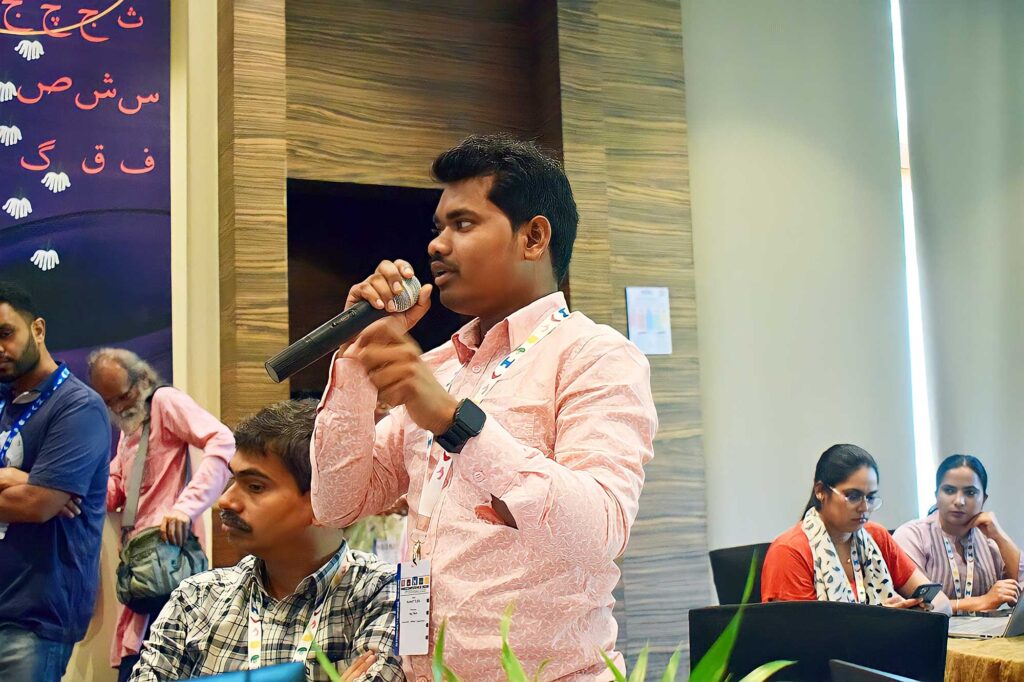
“In 2014, upon receiving my first mobile phone, I realized a stark reality: information was plentiful online, but it was largely unavailable in my mother tongue, Santhali. The lack of support for the OlChiki scripts—the text for the Santhali language—in the devices made it difficult for me to communicate with family and friends. Even my community friends felt it hard to post anything on social media in Santhali. This frustration became the catalyst for my mission to digitalize the Santhali language.”
Determined to make a difference, Ramjit began researching the Olchiki script and various possibilities for its integration into modern technology. Using his pocket money, he frequented internet cafés to develop websites that would support Olchiki. Along with his friends Aswini and Bapi Murmu, he founded a group called ‘Olchiki Tech’ to collaborate on this vital work. Together, they launched an online portal, olchikidr.blogspot.com, providing a step-by-step guide to enable Olchiki on various devices, allowing users to text, chat, and post in Santhali.
Their efforts didn’t stop there. They created “Bir-mali,” the first Santhali e-magazine, giving Santhal writers a platform to share their stories and poems. This initiative not only celebrated Santhali literature but also encouraged a new generation of writers to embrace their linguistic heritage.
In 2018, the development of Santhali Wikipedia marked another milestone. Ramjit and other contributors helped create over 100,000 articles in Santhali, spanning diverse topics and making knowledge accessible to speakers of the language. He intentionally designed their platforms as open-source databases, allowing anyone to access and build upon their work.
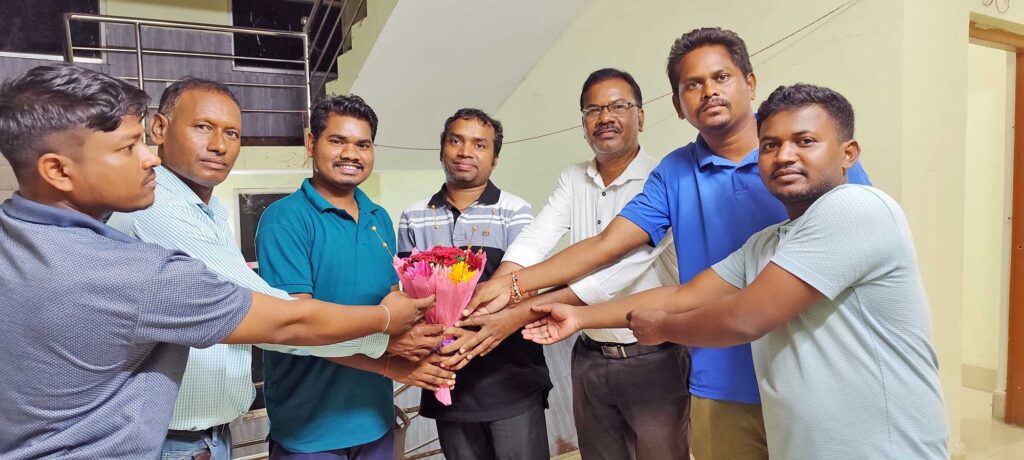

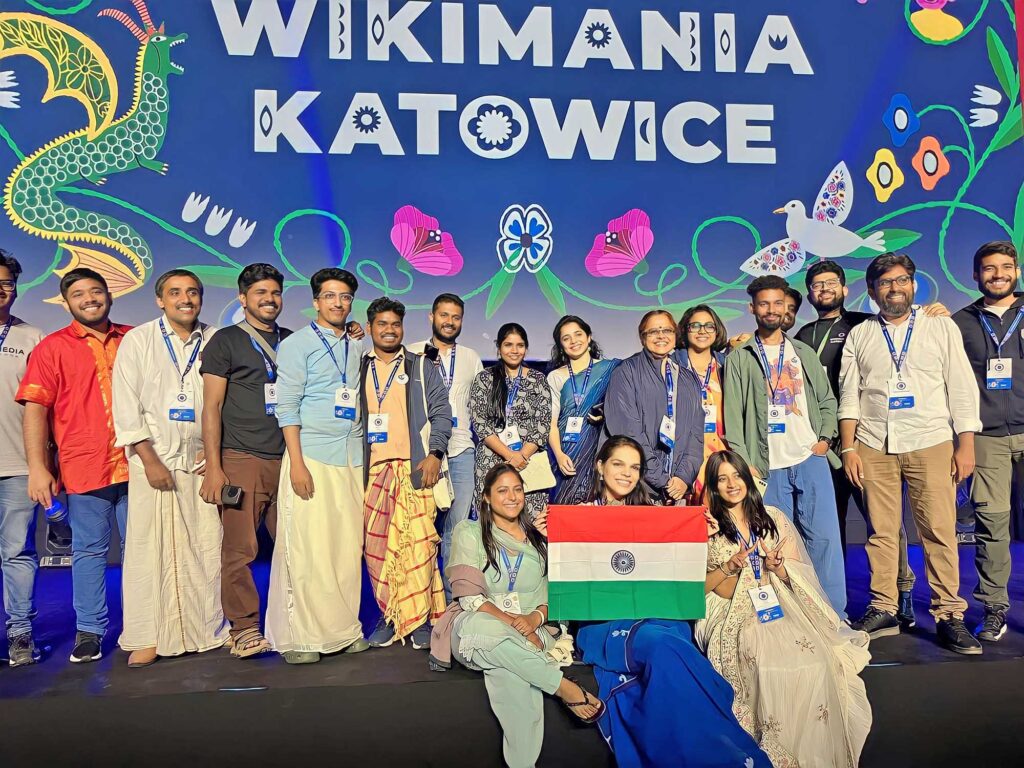
As his initiatives gained traction, Ramjit participated in various events, expos, and writer conferences, spreading awareness about the importance of digitizing the Santhali language. His efforts reached beyond India, benefiting Santhali-speaking populations in neighboring countries like Bangladesh, Nepal, and Bhutan.
On September 29, 2024, Ramjit’s incredible work was recognized by none other than Prime Minister Narendra Modi, who praised him during his monthly radio program, Mann Ki Baat. The Prime Minister lauded Ramjit’s commitment to preserving the Santhali language and emphasized the significance of such efforts in the digital landscape.
“In a world where languages may be disappearing, his monumental effort to digitize the Santhali language is a remarkable achievement.”
– PM Narendra Modi
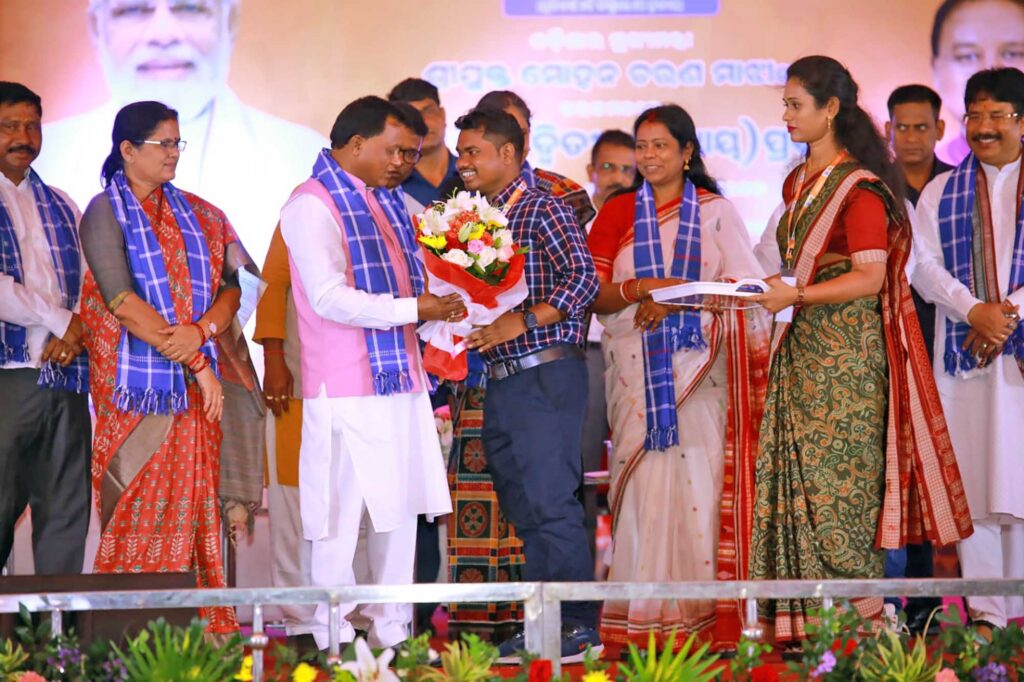
Looking to the future, Ramjit has ambitious plans to create an online translation platform that facilitates communication between Santhali and other languages, as well as a tool for converting text-to-voice and voice-to-text. His vision aims to empower not just the literate but also the visually impaired, ensuring that the beauty of the Santhali language is accessible to all.
Ramjit Tudu’s journey is a testament to the power of technology in preserving cultural identities. His work serves as an inspiration for many, proving that with determination and creativity; even the most endangered languages can find their place in the digital world.


